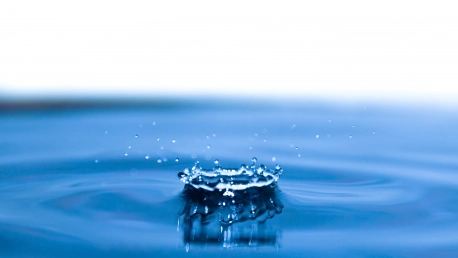As populations grow and climate change intensifies, our planet’s water security is under threat like never before. With billions of people living in water-scarce regions and cities grappling with water insecurity, the need to sustain our water resources has become critical. Alarmingly, hunger and water-related diseases continue to plague vast swathes of the global population, perpetuating cycles of poverty and ill health.
The Current State of Water Scarcity
Billions Affected by Water Insecurity
Across the globe, access to clean, safe water remains a privilege that eludes billions. With a quarter of the world’s cities facing acute water insecurity, the urban population—often the hub of economic growth—is especially vulnerable. The scarcity of water not only hampers daily life but also poses severe health risks. Every hundred seconds, a stark statistic reminds us of our collective failure: the death of a child from preventable water-related diseases.
Lagging Behind on Water Sustainability Goals
Despite the global commitment to the Sustainable Development Goals (SDGs), which promise comprehensive access to water and sanitation by 2030, progress is painfully slow. Current trajectories suggest we will fall considerably short. 2.2 billion people are devoid of access to safe water, while a staggering 3.5 billion suffer from inadequate sanitation facilities. Turning the tide on this crisis requires a concerted and rapid international response.
Financing Water Sustainability
Investment Deficits in the Water Sector
The World Bank has laid bare a grim reality: the level of annual investment in the global water sector is a mere US$164.6 billion, dwarfing in comparison to sectors like healthcare and education. Developing regions, particularly in South Asia and Sub-Saharan Africa, are in urgent need of an additional US$131.4 to US$140.8 billion annually. This chronic underfunding not only stymies progress but exacerbates existing inequalities.
Inefficiencies and Inequities in Water Funding
Escalating populations and the impacts of climate change are putting unprecedented pressure on Earth’s water supply. Billions currently live in areas experiencing water scarcity, and urban centers are struggling to guarantee water security. It is imperative to protect our water reserves to avert a crisis. Tragically, in many parts of the world, limited access to clean water continues to fuel hunger and the spread of waterborne illnesses, locking communities into poverty and poor health. Our ability to manage and preserve water resources is not just an environmental issue—it’s a matter of survival, demanding global attention and action. Ensuring that everyone has access to safe water is a critical step towards building a more equitable and healthy world, which calls for innovative solutions and collective effort from all sectors of society.









